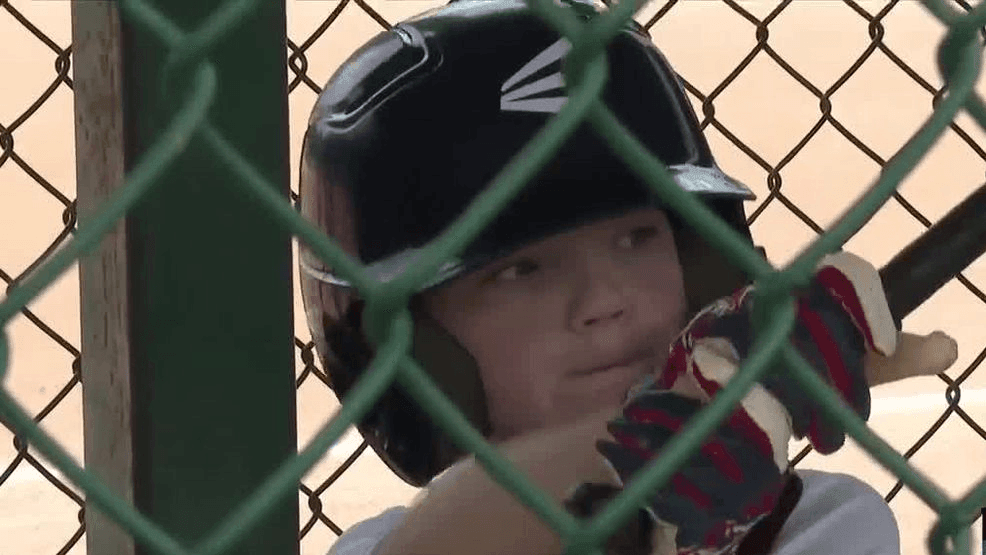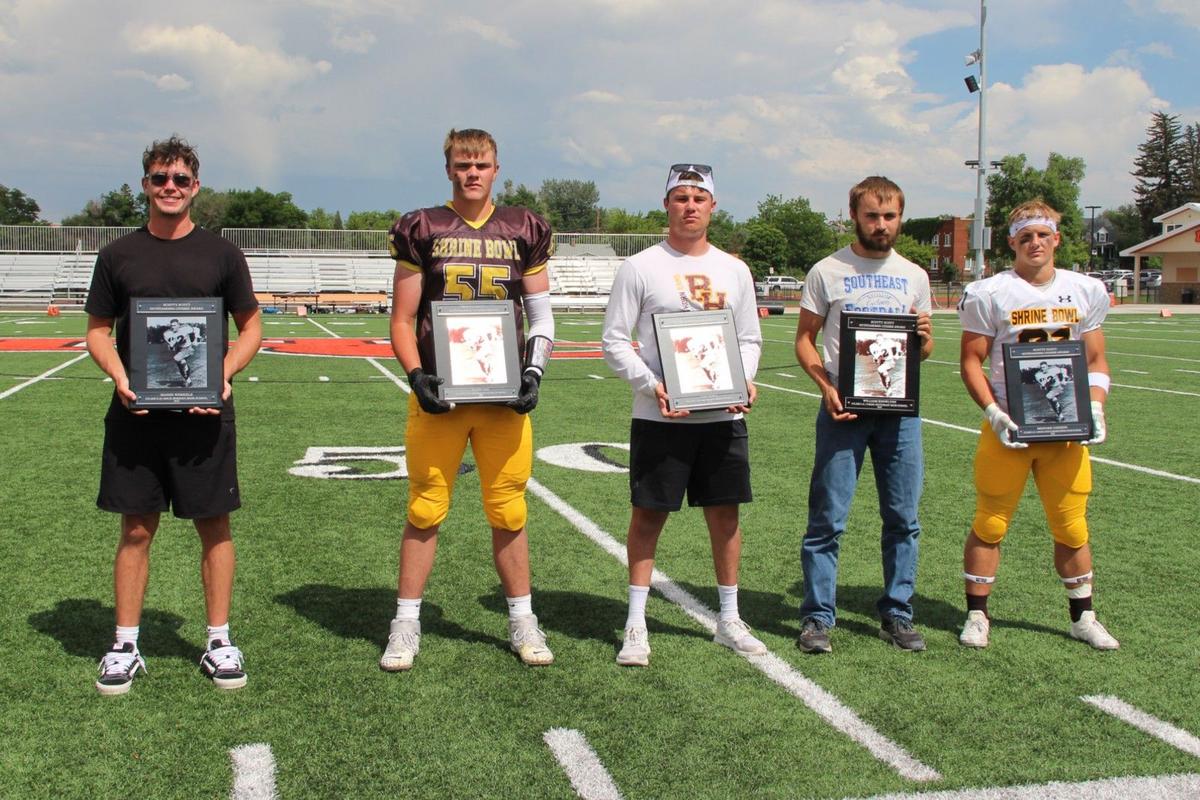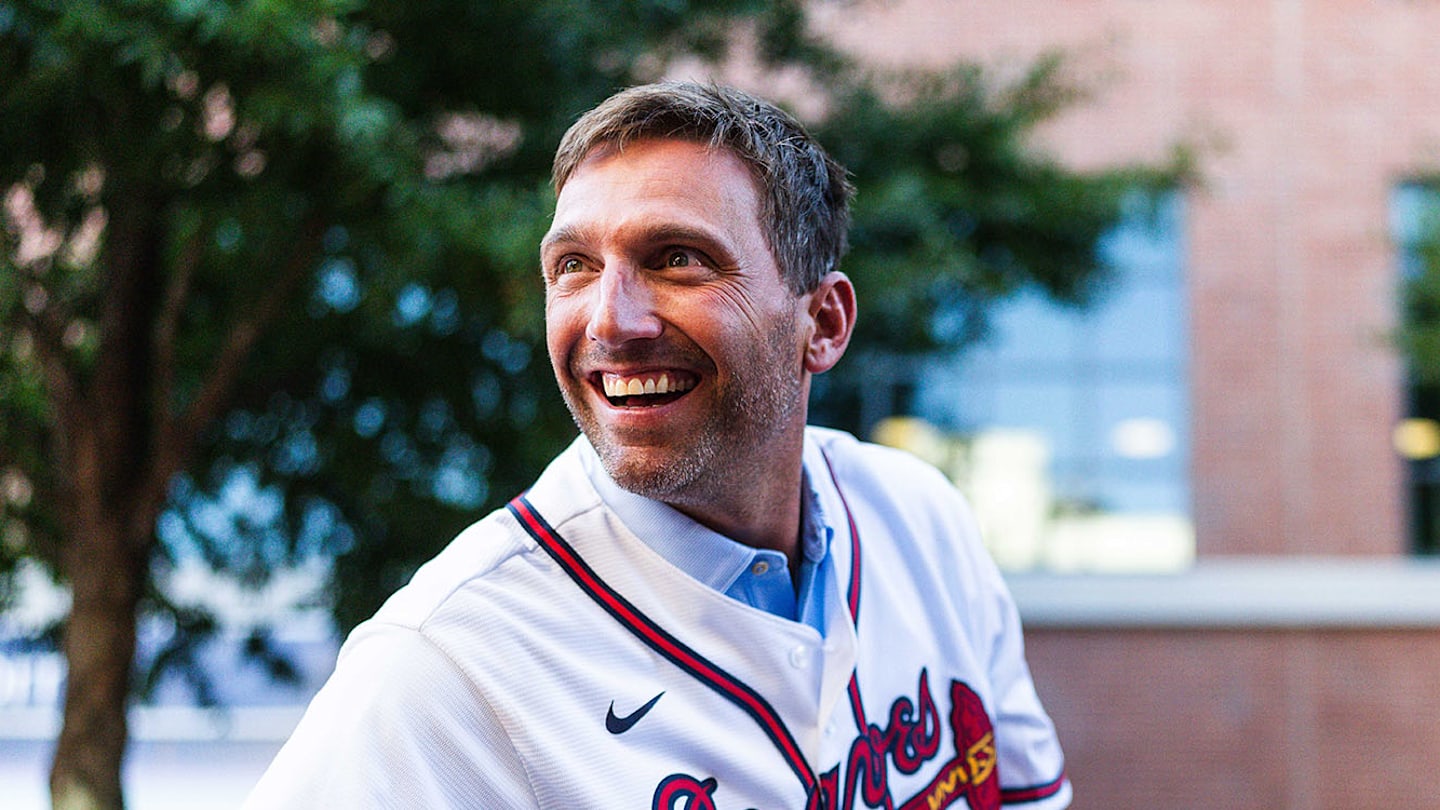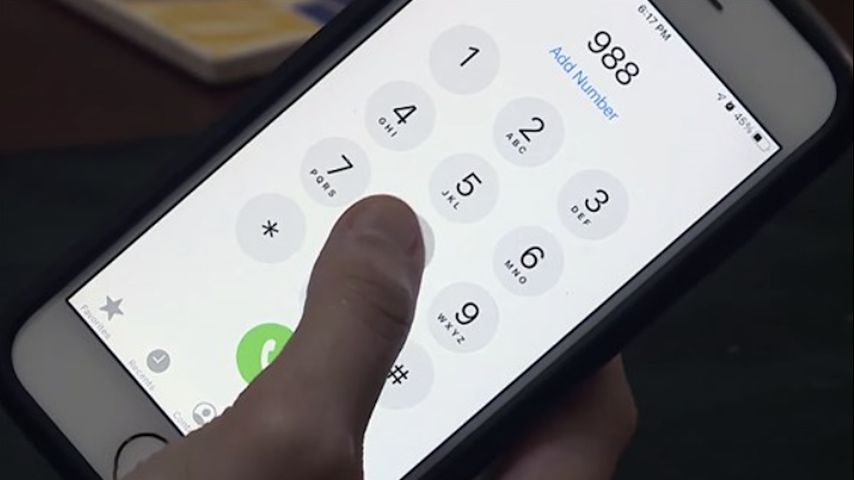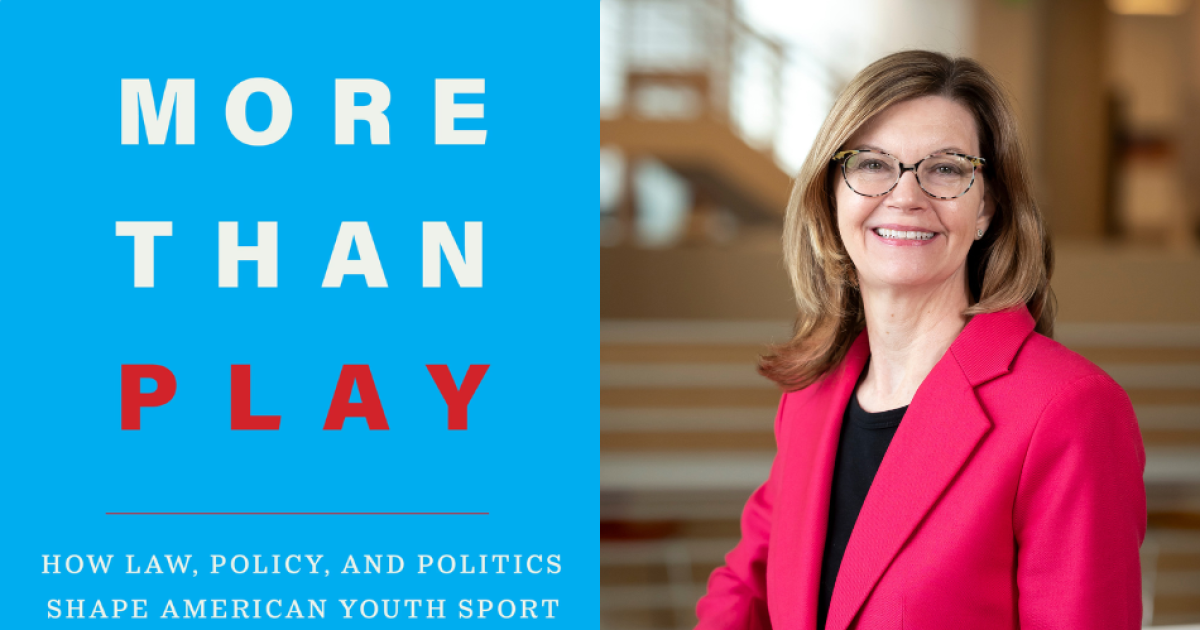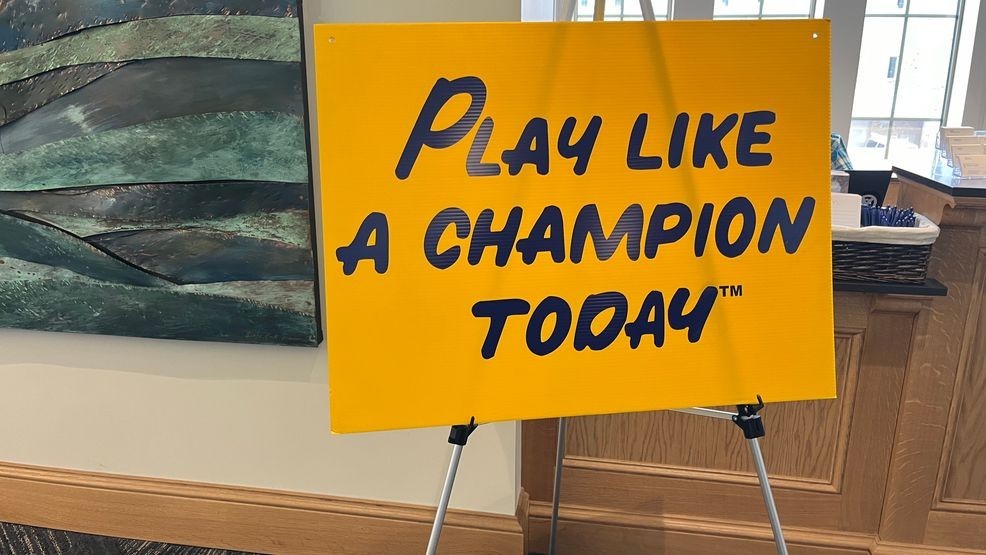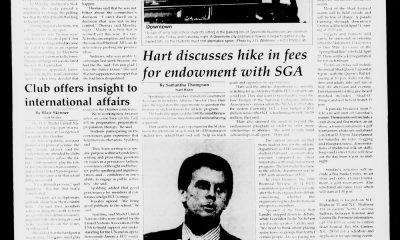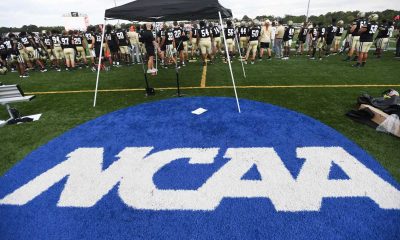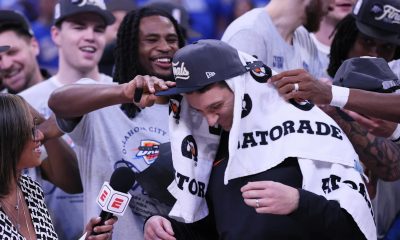Balance is s a key ingredient for effective living. Careful attention is required to juggle the life roles (work, parent, student, athlete, etc.) that define each of our unique selves. There are obvious benefits to sports participation, but not when the rest of your life is neglected.
Overemphasis on one or two roles can disrupt effective balance, causing other roles to crash to the ground, resulting in grave damage to important things. I’m sure you’ve witnessed such occurrences, perhaps in your own life.
Businesspersons, so wrapped up in climbing the corporate ladder, their families become an afterthought.
People who neglect their own health, claiming they don’t have time. Life is short and if you do not exercise and take care of yourself, it will be much shorter.
The focus of this two-part series is the athletic role, especially as it relates to young people, and the damage that occurs when athletic over-involvement causes imbalance and neglect of other life endeavors.
Part I explores the devastating impact that too much investment in athletics can have and the role of parents, coaches, and social media in the creation of an athletic obsession. Part II delves into what can be done to empower a balanced, healthy life and prevent the damaging impact of an obsessed athletic life.
Why Focus on Athletes?
I’ve witnessed the mental anguish and other damage resulting from a sports-obsessed existence. Everything from clinical anxiety, burnout, depression, declining academic performance, wrecked relationships, and over-use physical injury. Most devastating is a lost-in-the-woods sense of purpose in life that can happen when an athletic career ends.
How did this pervasive problem develop, what does it look like, and what is the contribution of coaches, parents, and social media in creating this imbalanced mess?
Athletic Identity
That’s an actual term defined by Human Performance Coach John Haime as:
“The degree to which you identify with your sport. It’s how you come to perceive yourself, and how others perceive you, and also serves as a basis for your sense of self-worth.”
There’s nothing wrong with athletics being part of your identity, but when it’s your entire sense-of-self it’s problematic.
Self-induced pressure and disruptive performance anxiety can result from so much self-value being wrapped up in athletic identity. That’s why so many young athletes implode or explode when things in sports don’t go their way. Their athletic identity and self-worth have been ruptured.
They attempt to repair the rupture with excuses for their poor performance and other misfortune. Taking responsibility would be a major hit to their ego, so they try to avoid the emotional toll of their bruised self-esteem by blaming referees, field conditions, and even teammates for their miscues. It’s a phenomenon that’s gotten to be common in today’s youth sports culture.
Then there is what happens when an athletic career is threatened or ends. Disappointment and sadness is understandable and normal for athletes who have spent so much time and energy devoted to sports, but it can be devastating when all their eggs have been placed in the sports basket and the bottom falls out.
Mental ruin is exactly what can happen when an athletic career ends due to getting cut, injured, or deciding to leave a sport. Such the-sky-is-falling-in devastation is a relatively new and surprising phenomenon when it comes to youth athletes.
The Adult Contribution to Imbalance
Over-zealous coaches piling excessive demands on the plates of young athletes, and parents that passively go along with it. Non-stop practices, physical training sessions, games , and other team activities that can weigh down the plate of a young person’s life.
School, family, social, and other realms take a back seat and are disrupted with little to no time for much of anything beyond what coaches throw at them. Sports involved kids also have little time to devote to other interests. When asked how much time they have to themselves on a typical school day during a sports season, most young athletes reply that they have about 1-3 hours of freedom.
Many coaches now require year-round commitment to their sport. Traditional season boundaries have disappeared, complicating the ability to play more than one sport or become involved in other organized activities.
So much commitment to sports makes finding time to do homework, being with family or friends, and other things a Rubik’s Cube challenge.
Also contributing to a problematic athletic identity are coaches and parents leading kids into believing that all this committed time will lead them to a college or professional sport career. It could happen, but for 94% of high school athletes their sports career will go no further than high school. They are being unfairly led astray by manipulative coaches and naïve parents that fuel false hope and unrealistic expectations.
Social Media Impact
Young people have always vied for peer status, but social media has turned it into an obsession. Sports have become a common way to attract such attention. Kids spend countless hours posting pictures, videos, and messages focused on their athletic prowess. Facebook moms and dads fall prey to similar behavior.
I have previously written about the poisonous impact of social media on youth. Suffice it to say that social media has contributed to an overemphasis on athletic identity, life imbalance, and the damage sustained by youth. Many of them base their entire being on social media, creating hazards for all young people, not just athletes.
Much of the toxicity derives from people comparing themselves on social media to their peers. As President Theodore Roosevelt wisely observed, “comparison is the thief of joy.” Joy has certainly been stolen from young athletes who live on an emotional roller coaster, battling for social media status with their athletic identity.
The Net Result
Such obsessed athletic identity breeds over-use physical injury, and a relentless fear of failure. A distaste for a previously enjoyed sport can evolve and lead to eventual burnout and/or quitting. Neglect of school, friends, family, and other life roles can ensue.
Then there’s the damage done to many young athletes when their sports career ends. Many of those kids are devastated. They have no idea what to do with their new free time because they’ve never had that kind of time to themselves and don’t know how or what to do with it.
I have witnessed a wide swath of high school and college athletes that have given no thought to what they would do with their lives after their school and athletic career ends. They draw a complete blank when asked about their career plans. It’s as though they expected their athletic careers to last a lifetime. Many of them experience severe anxiety and depression reflecting on a perceived empty future.
What’s the Cure?
That question will be addressed in a sequel to this piece. In the meantime, please reflect on the current content and related material contained in the link provided. Employ your creative resources to generate a plan of attack as a coach, parent, or other adult stakeholder to remedy athletic identity imbalance and associated problems.
Also, please delete your social media platforms.



